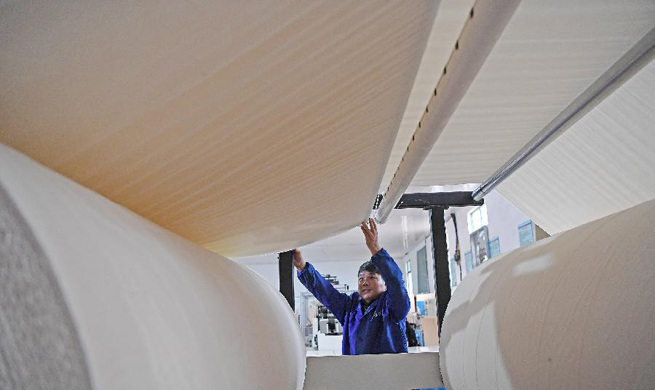SYDNEY, Oct. 26 (Xinhua) -- Australian researchers on Friday said they have identified a protein that helps trigger the growth of milk-producing mammary glands during puberty, a discovery that points to better understanding of how breast cancer develops.
The FoxP1 protein awakens "sleeping" stem cells in the mammary gland and helps show how the major breast component develops, which increases knowledge of how defects in this process lead to breast cancer, the researchers from the Walter and Eliza Hall Institute of Medical Research said in a statement.
Mammary gland stem cells exist in a largely dormant or "sleeping" state throughout life and in puberty; they need to be "woken up" to drive the rapid expansion of the glands, said Professor Jane Visvader, one of the research leaders.
"The mammary stem cells are ready for a signal to start dividing," she said. "We discovered that a gene called FoxP1 is an essential part of this signal in puberty and the adult."
The findings, reported in scientific journal Developmental Cell, included cell and developmental biology as well as bioinformatics and imaging analyzes.
"We're still looking for the precise connections linking female hormones and FoxP1, but we are one step closer to understanding the detailed process of breast development. This is also helping us to connect faulty cells that contribute to breast development with the development of breast cancer," she said.

















